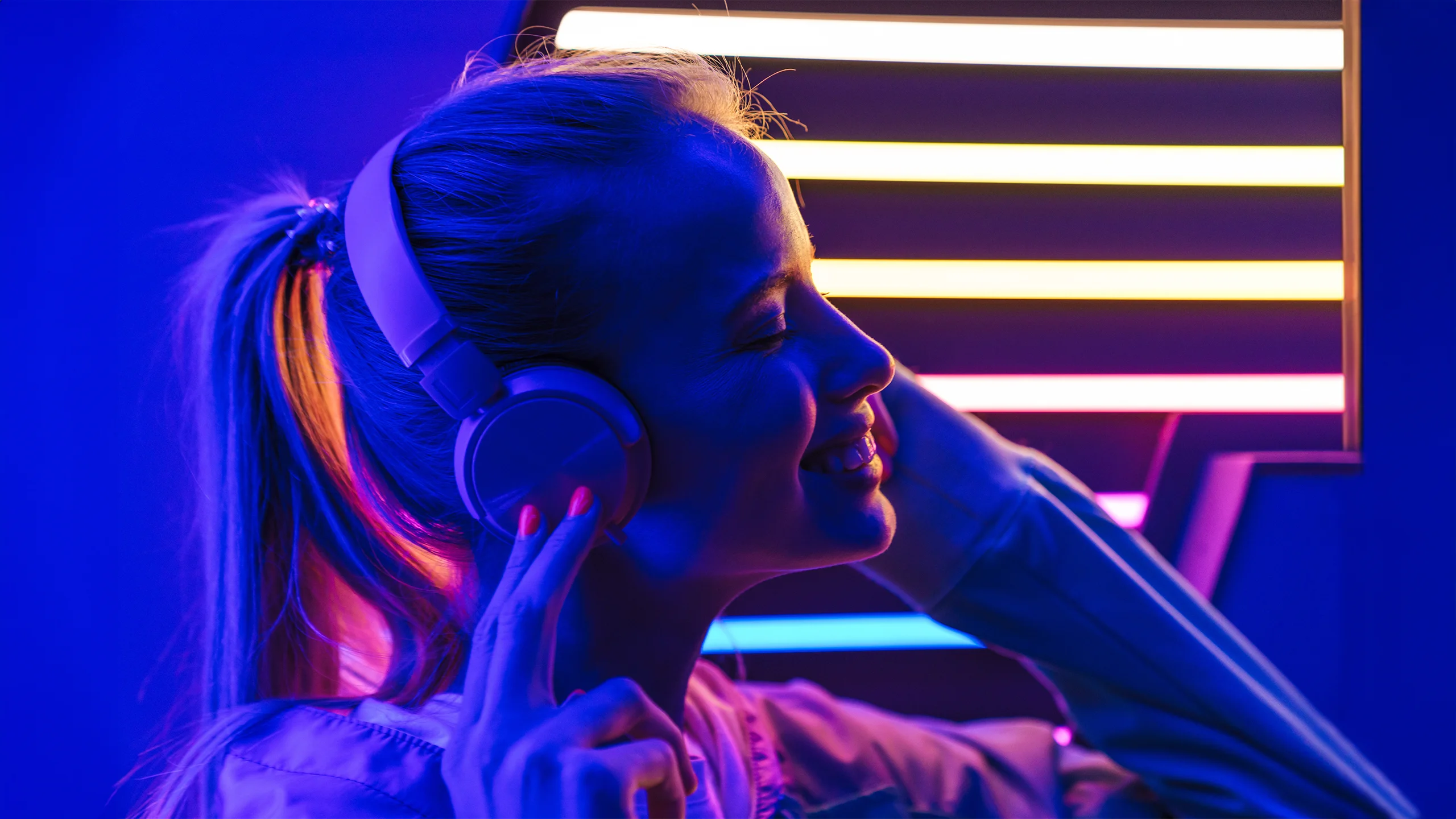As we journey through the ever-evolving landscape of music consumption, it’s evident that personalization and customization are becoming paramount. From the days of vinyl to the rise of streaming, the way we interact with music has transformed dramatically. This article delves into the future of personalized music consumption, exploring the growing importance of tailored music experiences.
The Evolution of Music Consumption
The journey from vinyl to streaming encapsulates a fascinating evolution. Initially, music was primarily consumed through physical mediums such as records, cassettes, and CDs. However, with the advent of the internet and digital technology, music consumption shifted towards downloadable and streaming formats. This transition was driven by technological advancements that made it easier to access a vast library of music instantaneously.
Defining Personalization in Music

Personalization in music refers to the tailoring of music recommendations and experiences to fit an individual’s tastes and preferences. This can include customized playlists, radio stations, and suggestions based on past listening habits. Personalization aims to enhance the listener’s experience by presenting them with music that resonates with their unique preferences.
What is Music Customization?
Music customization goes a step further by allowing listeners to actively shape their music experiences. This can involve creating playlists, selecting specific tracks for different moods or activities, and even modifying the sound of music through equalizer settings and other tools. Streaming services often offer features like playlist creation and collaborative playlists, where multiple users can contribute. Some platforms also provide mood-based playlists or activity-specific selections, such as workout or relaxation playlists, allowing users to tailor their music experiences to their daily lives.
Benefits of Personalized Music Experiences

The benefits of personalized music experiences are manifold. For listeners, it means discovering new music that aligns with their tastes without the effort of searching. For artists, it can lead to increased exposure and engagement. Personalization also fosters a deeper connection between the listener and the music, making the experience more enjoyable and engaging.
How Personalization Affects Musicians
Personalization has profound implications for artists and the music industry. For musicians, it can mean increased visibility and engagement as their music is recommended to listeners who are likely to enjoy it. However, it also poses challenges, such as the need to navigate complex algorithms to reach their audience.
How Streaming Changed the Music Landscape

Streaming services have revolutionized the music industry. Platforms like Spotify, Apple Music, and Amazon Music have made it possible for listeners to access millions of songs at their fingertips. Spotify, for example, introduced personalized playlists like Discover Weekly, which uses advanced algorithms to curate songs based on individual listening habits. Apple Music has integrated its service with other Apple products, offering seamless experiences across devices. These innovations have set new standards for the future of personalized music consumption.
How AI Enhances Music Personalization
Artificial Intelligence (AI) has significantly enhanced music personalization. AI-powered algorithms analyze vast amounts of data, including listening habits, song attributes, and user interactions, to make accurate music recommendations. These algorithms continuously learn and adapt, refining their suggestions over time.
Virtual Reality and Music Experiences

Emerging technologies like virtual reality (VR) and augmented reality (AR) have the potential to transform music consumption further. VR can offer immersive concert experiences, allowing fans to attend live performances virtually. AR can enhance music videos and live shows with interactive elements, creating a more engaging and dynamic experience for listeners.
The Science Behind Music Recommendation Algorithms
The science behind music recommendation algorithms is complex. They utilize techniques like collaborative filtering, which identifies patterns in user behavior, and content-based filtering, which analyzes the attributes of songs. By combining these methods, streaming services can offer highly personalized music experiences that cater to individual preferences.
The Impact of Cultural Influences on Music Customization

Music personalization trends vary across the globe, influenced by regional preferences and cultural nuances. In some regions, traditional music and local genres dominate personalized playlists, while in others, global hits and popular genres take precedence. Streaming services must cater to diverse tastes, offering region-specific recommendations and highlighting local artists. Understanding these trends is crucial for platforms aiming to provide truly personalized music experiences.
The Integration of Music with Everyday Technology
Smart devices are becoming integral to music consumption. Voice-activated assistants like Amazon Echo and Google Home allow users to control their music with simple voice commands. Wearables like smartwatches can track user activity and suggest music accordingly. The integration of music with IoT offers convenience and customization, making it easier to enjoy music anytime, anywhere.
The Ongoing Evolution of Music Consumption

The ongoing evolution of music consumption is driven by personalization and customization. As technology continues to advance, the ways in which we listen to and interact with music will become increasingly tailored to individual preferences. Staying informed about future developments in music consumption can help individuals make the most of these innovations, ensuring that their music experiences are always fresh, exciting, and tailored to their tastes. Embracing these changes can enhance our music experiences, making them more enjoyable and engaging.
Conclusion
The future of music is undeniably personalized. As technology continues to advance, the ways we interact with music are becoming increasingly tailored to individual preferences. Personalization and customization are transforming the music landscape, offering listeners unique and engaging experiences. Staying informed about these developments allows us to maximize the benefits of these innovations, ensuring that our music experiences remain fresh, exciting, and perfectly aligned with our tastes. By embracing these changes, we can enhance our connection with music, making it a more integral and enjoyable part of our lives. The journey ahead promises a vibrant and dynamic evolution in how we consume and appreciate music. As we look forward, the fusion of technology and creativity will undoubtedly lead to even more innovative and immersive music experiences, enriching our auditory landscape.
If you would like to learn more about the art of music and storytelling with lyrics, click the link below to be taken to another article that talks about exactly that!
The Art of Lyrics: Storytelling With Music – HeartString Harmonies




Leave A Comment